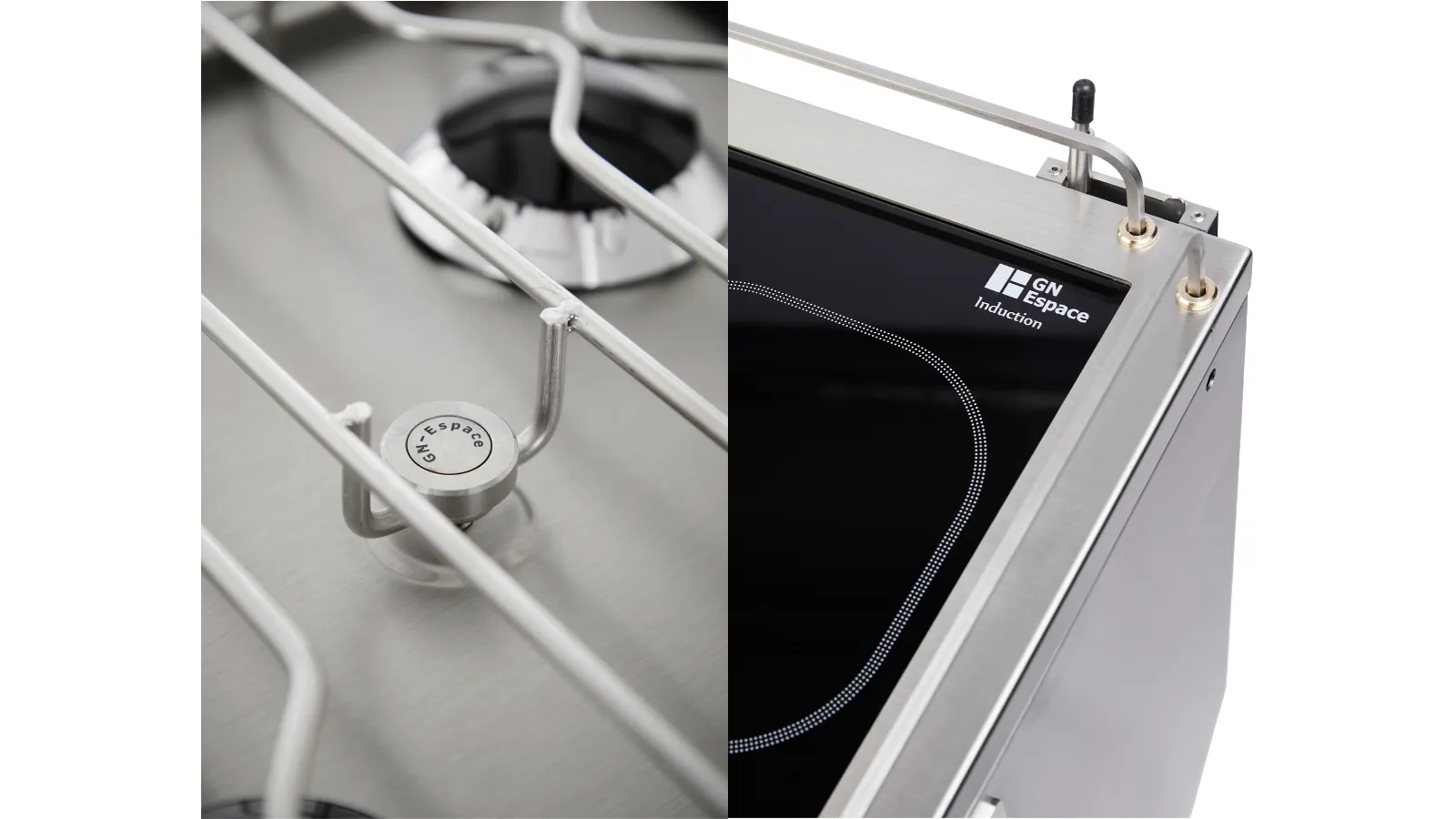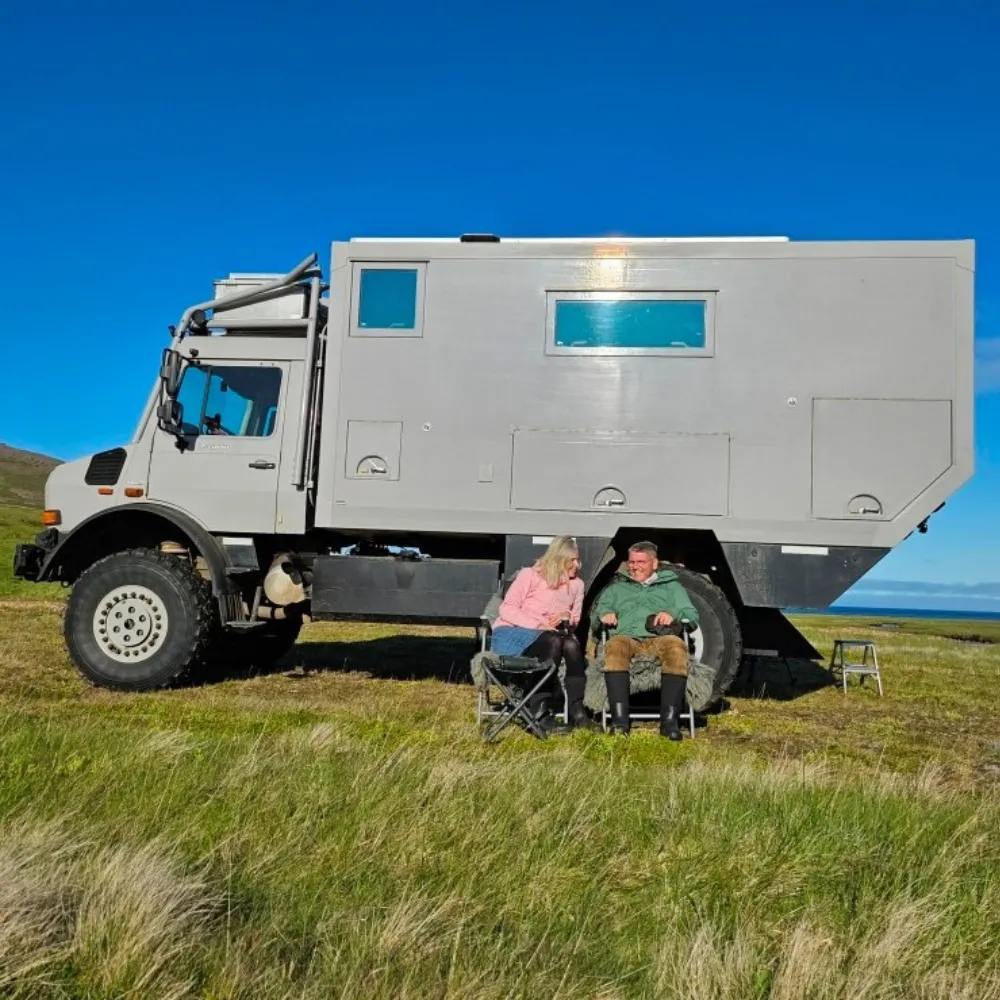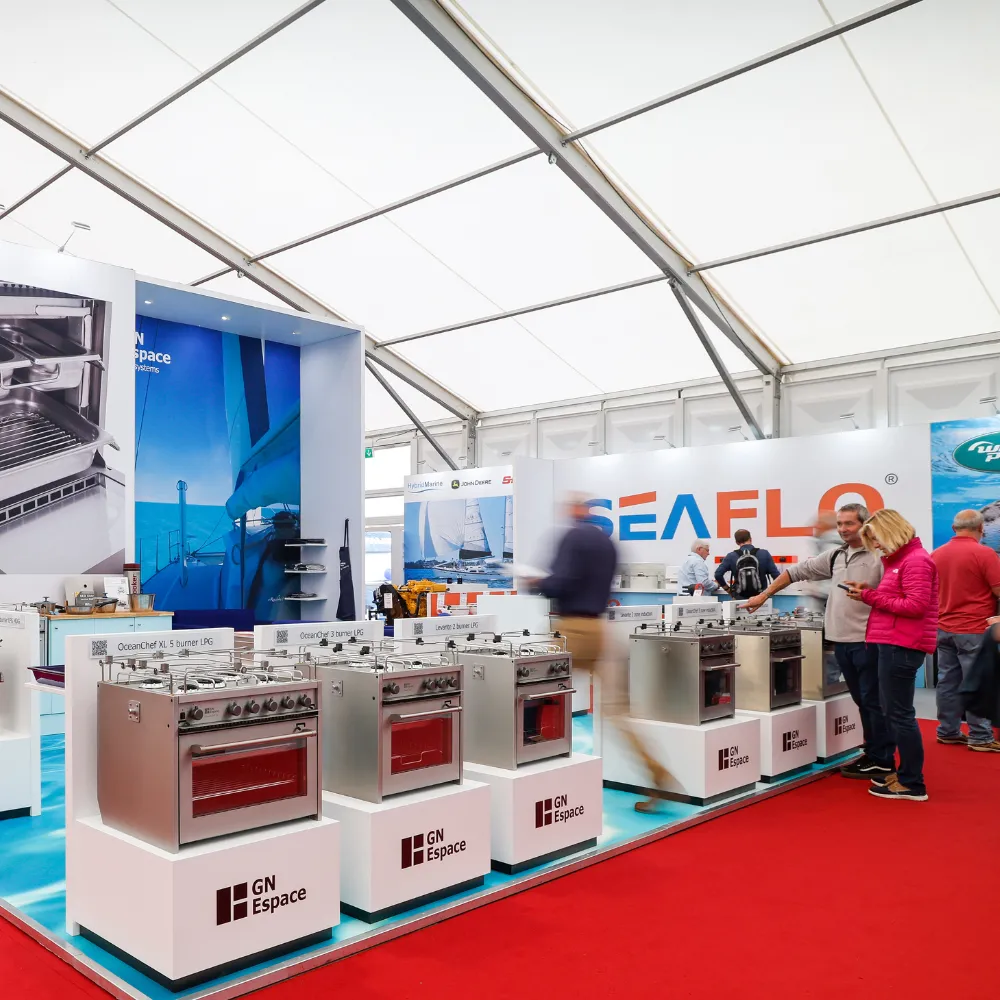How to Decide Between Gas and Electric on Your Sailing Boat
Choosing between gas and electric systems on your sailing boat is a key decision that affects your safety, comfort, and independence at sea. Whether you're fitting out a new boat or upgrading an older system, it's important to weigh the pros and cons of each option carefully, to make sure you get the one that is best for your needs.
This guide will help you decide which setup best suits your cruising lifestyle — whether you’re coastal hopping on weekends or preparing for extended blue-water passages.
Cooking: Gas vs. Electric
Gas (LPG cookers and ovens)
Pros:
- Reliable, especially when off-grid
- Doesn’t require a large battery bank
- GN Espace LPG cookers cooks quickly with good temperature control, as they have a thermostat
Cons:
- Requires proper installation from a professional, good ventilation on board and regular safety checks from an engineer (We recommend annually).
- Replacing and refilling LPG bottles can be a hassle, especially internationally when they are harder to come by.
- Different countries use different adaptors/regulators - so you may end up with multiple.
- Of course, gas leaks can be dangerous aboard a boat.
Electric (Induction cooker or electric ovens)
If you’ve invested in a robust electrical system or want to avoid gas for safety reasons, electric cooking can work well. Trends towards electric sailing and yachts are also increasing, so we see a rise in demand for electric cookers that isn’t likely to stop. Investing in an electric system will no doubt be an investment for the future of your boat, and will keep you sailing for years to come.
Pros:
- It's safer (no open flame), especially in rougher conditions
- Easy to clean – wipes clean with a cloth
- Works well if you have a large battery bank and/or solar setup
- It is safer all round – limited chance of fire/explosions onboard
- Avoids moisture and heat build-up caused by gas cooking
- Can be run directly from shore-power or, if you’re already living with renewable energy systems, allows easy integration
- GN Espace Induction cookers are extremely energy efficient and get to temperature in 8 minutes
Cons:
- You do need to investment in the system and get sorted with the correct battery and inverters.
- Not always practical if you don't significant electrical storage and charging capacity (e.g. solar, wind, or generator). And you want to be using the cooker without shore-power.
Power Management Considerations
Going electric means you’ll need to invest in your energy storage and generation:
- Battery Bank: Lithium is lighter and more efficient than AGM/lead-acid but more expensive.
- Solar Panels: Essential for topping up your batteries at anchor.
- Wind Generators & Hydro-generators: Good for passage-making.
- Inverter/Charger: Needed for running 230V AC appliances from 12V DC batteries.
If you stay in marinas regularly, shore power can easily support electric cooking and heating.If you're off-grid more often, gas or diesel systems reduce strain on your batteries.
There’s no one-size-fits-all answer. Deciding between gas and electric comes down to asking the following questions:
- Your cruising plans:
- How much time you spend off-grid / coastal vs. offshore?
- What countries will you visit, how easy is it to get hold of Gas and what kind of regulators are needed?
- Are you visiting hot/humid countries? (where electric may be a cooler option)
- System considerations:
- What does your battery and charging setup look like at the moment?
- Do you currently have the right system to run the necessary appliances or will this take an investment?
- What other appliances rely on electricity and how much electricity do they use?
- What does your battery and charging setup look like at the moment?
- Your comfort priorities:
- What kind of food do you like to cook in the galley? Would you see the benefits?
- Do you have issues with ventilation?
A hybrid approach could be best if you're worried about a full transformation
- Perhaps diesel for heating, electric for cooking when on shore power, and a small gas stove as a backup when off-grid for long periods. As battery tech and solar efficiency improve, we are seeing more and more sailors are moving towards fully electric systems - but for now, there are still some considerations to be made to ensure the best setup for you!
If you've got any questions on deciding between an LPG and Electric appliance - feel free to contact us. One of the team would be happy to answer any questions that you might have and make sure you choose the right product for you!




